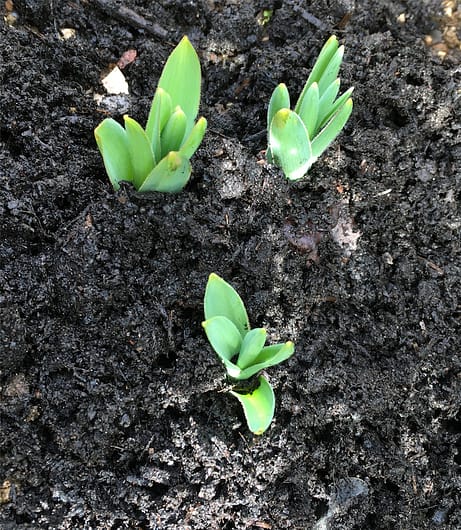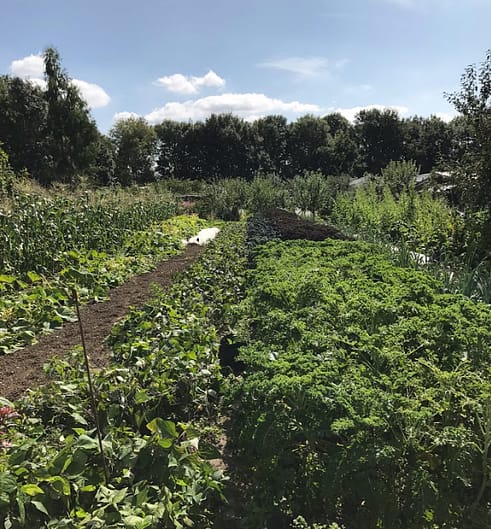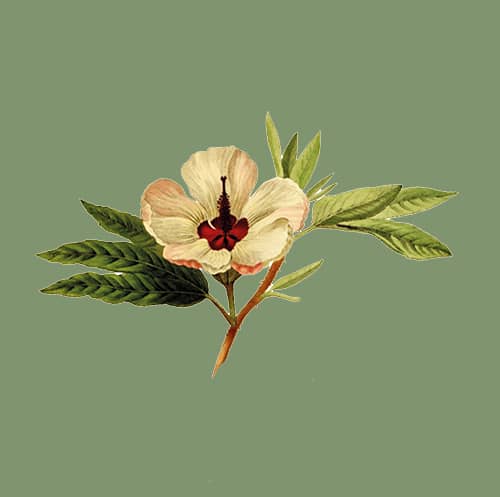Brimming with invisible bacteria and living organisms, soil is a vital ingredient in a healthy ecosystem.
Not only the home to burgeoning beds and rich green lawns but also feeding and enabling plant life to fight off pests and tolerate unseasonable climatic conditions. We’ve been taking a closer look at this unsung hero of the garden.
Types of Terra Firma
The type of soil that resides in your garden determines the plant species that will thrive. Although it’s possible to improve and, to an extent, change your soil type over time, it’s important to plan your garden and planting with your soil type in mind.
There are six types of soil; clay, sand, loam, silt, peat and chalk. The most common being sand, clay and loam:
Sand
Frequently described as light soil, it’s easy to work with and drains extremely quickly, but is often low in nutrients and requires a lot of watering. To decipher whether you have sandy soil try making a ball in your hands and similar to being at the beach, rather than clumping together it will trickle through your fingers.
Clay
Widely known for being packed full of nutrients, clay soil also has poor drainage and is easily compacted making it particularly difficult soil work with in the garden. Try making a ball out of clay and it’ll roll smoothly between your hands and eventually become smooth and shiny.
Loam
A mix of all soil types this is every gardener’s dream (and frequently found in Oxfordshire). Fertile, easy to dig and providing your plants with good drainage and nutrition. When handled loamy soil will roll easily into a ball, but won’t stay together as solidly as clay.
What about the pH?
Another factor that needs to be considered is the pH level of soil. Whether your garden has acidic or alkaline soil will also have an impact on the type of vegetation that will flourish. This is easy to test with a variety of pH tests being sold online for home testing. It’s possible to add either lime or sulphur to your soil to ensure that your favourite blooms grow very happily in soil that suits them perfectly.
So how do you improve the soil that you have?
Although it’s tempting to add chemical fertilisers to give your plants the boost that they seemingly require, it’s not only an expensive option but unless added sparingly to plants that are particularly hungry in many cases it does more damage than good, over feeding leads to long soft growth which is left vulnerable to disease and weather damage, the excess that runs into the ground and water systems also upsets the natural soil ecosystem.
The best way to care for your soil, and in turn your plants, is to frequently add organic matter. All soil types benefit enormously from the addition of organic matter. Whether it’s used to thicken and add fertility to sandy soil or to loosen and improve the drainage and permeability of clay soil the addition of well rotted manure, leaf mould, mushroom compost, green manure or organic soil improver is essential to balance the ecosystem of the soil.
By adding organic matter you will in turn feed the bacteria and fungi naturally found in the soil. Bacteria is a vital part of our ecology, decomposing organic matter and even eventually recycling themselves when they die to become plant food themselves. Fungi on the other hand travels by growing in length, by doing this it spreads nutrients and aerates the soil in the process.
There are a vast number of useful bacteria and fungi found in our gardens, one that has become particularly widely used and discussed in the gardening community is mycorrhizal fungi which grows in conjunction with plant roots, helping them to absorb nutrients and moisture from the soil, in turn helping them to grow into strong, healthy plants.
The more nourishing and advantageous microorganisms that are found in your soil the less damaging ones will endure.
Could our helpful horticultural team take the hard work out of improving your garden’s soil health? Everyday they work to keep soil brimming with beneficial bacteria. Please drop us a line to see how we and keep your garden in the best of health from the soil up.




